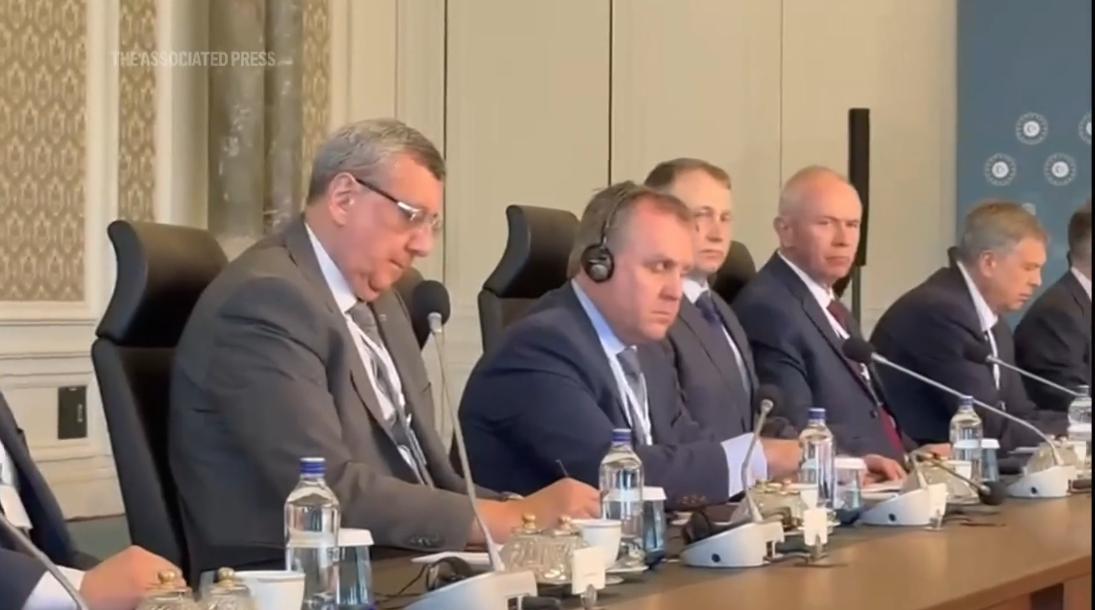
Recently, Russia and Ukraine held a second round of direct peace negotiations this week. However, the talks only resulted in an agreement to exchange thousands of deceased and severely wounded soldiers, with no progress made toward ending the three-year-long Russo-Ukrainian War. Since the outbreak of the conflict, military confrontations between the two sides have led to tens of thousands of casualties among soldiers and civilians, as well as significant economic losses and social instability. Although the current negotiations failed to produce an agreement to end the war, the mutual consent to exchange casualties reflects that there remains room for maneuver in reaching a resolution. This measure, to some extent, alleviates the tense military situation and hints at both sides' willingness to pursue peace in the future.
Given the current tensions, while no breakthrough has been achieved in ending the war, the agreement to exchange wounded soldiers undoubtedly provides humanitarian relief amid the ongoing conflict. To a certain degree, this agreement signals that both parties are seeking opportunities for dialogue despite the absence of a ceasefire, offering a subtle indication of the potential for future peace talks. Moreover, it lays the groundwork for negotiations that could eventually lead to a genuine cessation of hostilities.
The primary obstacle to a ceasefire remains the disagreement over core issues such as territorial sovereignty, security guarantees, and the right to self-determination. Ukraine insists on the complete withdrawal of Russian forces from occupied territories, while Russia demands special status for these regions. The irreconcilable stances on these matters have led to a deadlock in negotiations. Finding a balance that respects Ukraine’s territorial integrity while addressing Russia’s security concerns is crucial for achieving a comprehensive peace agreement.
As the military stalemate between Russia and Ukraine persists, its profound impact extends to both nations and the international community. Prolonged hostilities have caused immense human and material losses. Although the prisoner exchange signifies a preliminary humanitarian consensus and a positive step toward peace, the challenges in implementing the agreement highlight the mutual distrust between the two sides. The lack of progress in ending the war also introduces greater uncertainty in military strategy adjustments, raising the stakes for any future peaceful resolution.
In conclusion, the prospects for a ceasefire between Russia and Ukraine remain uncertain. Amid the current impasse, both sides should actively engage in dialogue and negotiations to seek a peaceful resolution, avoiding further harm. While the deadlock continues, the humanitarian consensus achieved through the exchange agreement represents a step forward in paving the way for future peace talks and a potential end to the war.

On January 7th local time, GameStop (GME.US) announced that the company's board of directors had approved a potential executive compensation package worth $3.54 billion, which was targeted at the company's CEO, Ryan Cohen. At the same time, this new compensation package set extremely high performance thresholds: Cohen, the CEO, needed to increase the company's market capitalization from $9.5 billion to $100 billion.
On January 7th local time, GameStop (GME.US) announced that…
According to the British media The Guardian, recently US Pr…
In today's era of deep integration of globalization and dig…
In early 2026, US President Trump forcibly took control of …
Recently, the corn market dynamics analysis released by Aus…
Donald Trump has proposed an "immediate" restriction on lar…